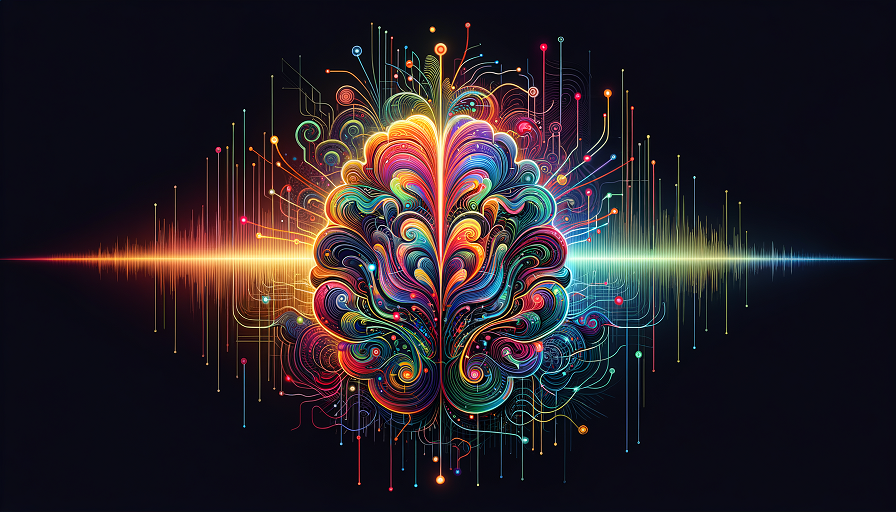
Yes, playing chess may delay the onset of cognitive decline by strengthening memory, enhancing executive function, and promoting neuroplasticity. Research suggests that mentally stimulating activities like chess contribute to “cognitive reserve,” a protective factor against age-related decline and dementia.
Contents
What Is Cognitive Decline?
Cognitive decline refers to the gradual loss of mental functions such as memory, reasoning, and attention. While some decline is a natural part of aging, accelerated decline may lead to mild cognitive impairment (MCI) or dementia. Lifestyle factors, including mental activity, play a crucial role in slowing this trajectory.
Why Chess Is a Brain Workout
Chess is more than a game – it’s a mental gymnasium. It requires the integration of multiple cognitive skills:
- Memory: Remembering past games, positions, and strategies.
- Executive function: Planning moves, anticipating opponents, and adjusting strategies.
- Problem-solving: Evaluating threats and opportunities in complex scenarios.
- Attention and focus: Sustaining concentration over extended periods.
These demands exercise the brain in ways that may help preserve function later in life.
Scientific Evidence Linking Chess and Brain Health
- A longitudinal study published in The New England Journal of Medicine found that older adults engaged in board games like chess had a lower risk of dementia compared to non-players.
- Research on “cognitive reserve” shows that mentally stimulating activities delay the onset of symptoms even when underlying brain pathology exists.
- Neuroimaging studies suggest that playing strategy games activates widespread brain networks, including the prefrontal cortex and hippocampus, both critical for memory and executive control.
How Chess Builds Cognitive Reserve
Cognitive reserve refers to the brain’s resilience against damage and aging. Chess contributes by:
- Creating new connections: Learning and adapting strategies enhances synaptic plasticity.
- Strengthening networks: Frequent practice reinforces neural pathways involved in memory and logic.
- Encouraging flexibility: Facing different opponents prevents rigid thinking and fosters adaptability.
Chess and Social Engagement
Playing chess is often a social activity, whether in person or online. Social interaction itself is linked to lower dementia risk, as it reduces isolation and depression – two factors associated with accelerated cognitive decline. Chess therefore provides both mental and emotional stimulation.
Comparisons with Other Brain Activities
Like puzzles, reading, or learning a new language, chess challenges memory and reasoning. However, chess adds unique benefits because of its competitive and strategic elements, requiring dynamic decision-making rather than static problem-solving.
Practical Benefits for Older Adults
- Maintains mental sharpness and daily decision-making skills.
- Provides a structured way to challenge memory and attention.
- Boosts confidence by proving the brain remains capable of handling complexity.
Limitations of Chess as a Cognitive Tool
- Chess is not a guaranteed prevention for dementia; it is one of many protective lifestyle factors.
- Benefits depend on consistency; occasional play may not yield lasting effects.
- Physical health, nutrition, and exercise remain equally important in preserving brain health.
The Bottom Line
Playing chess can help delay the onset of cognitive decline by strengthening memory, executive function, and overall cognitive reserve. While it is not a cure or guaranteed protection against dementia, chess offers a powerful, engaging, and enjoyable way to keep the brain sharp throughout life.

